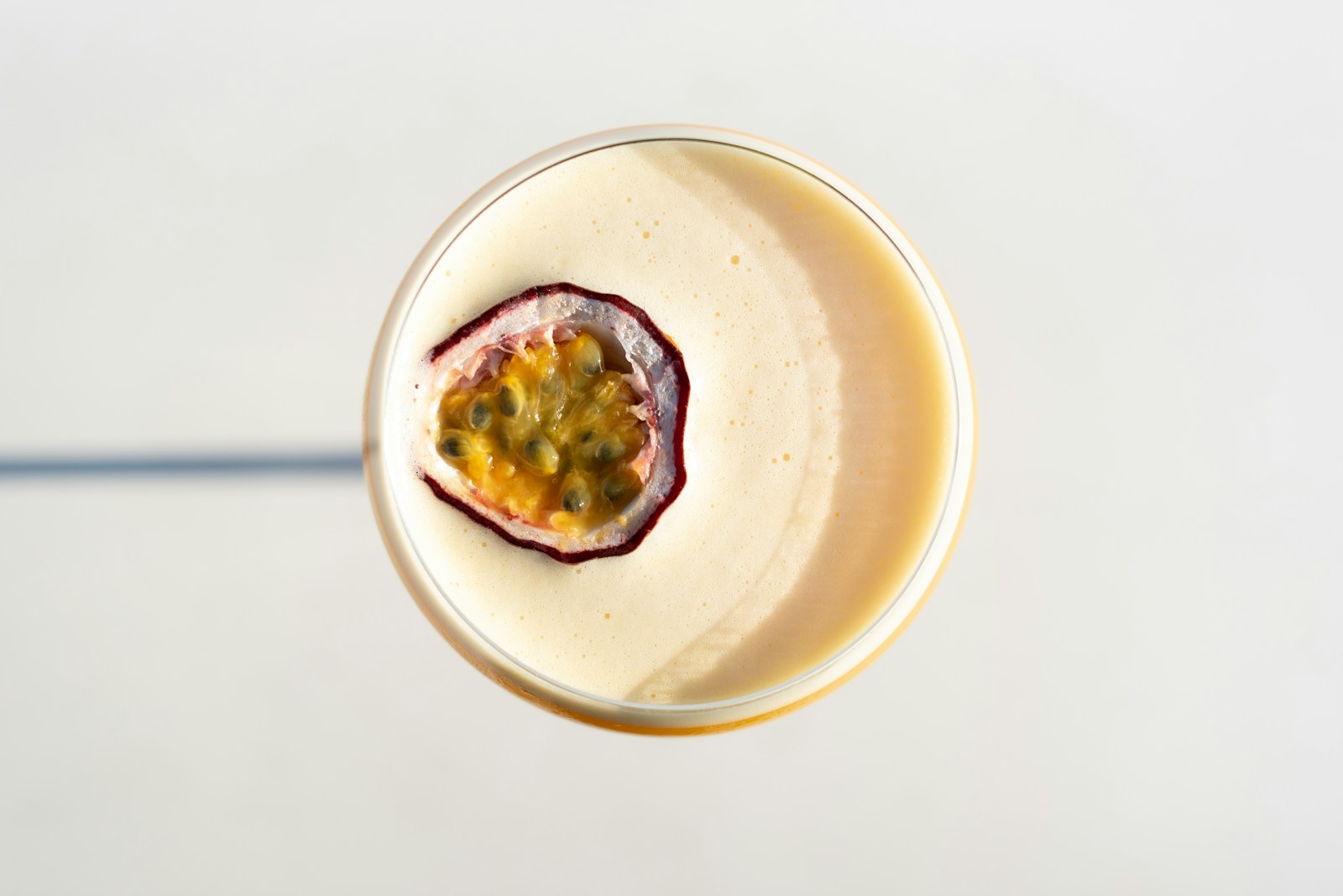
jus

juice
The French word 'jus' is used in the same way as 'juice' in English, referring to the liquid that comes from fruits or vegetables. It can also be used to describe the liquid that comes out of meat during cooking, which is known as 'jus de viande'.
Example sentences using: jus
Je vais prendre un jus d'orange.

I'm going to have an orange juice.
This phrase is often used when ordering in a cafe or restaurant. It is polite to say 'I am going to...' or 'Je vais...' in French rather than 'I want...'.
Tu veux du jus de pomme?

Do you want some apple juice?
This sentence demonstrates asking someone if they want a specific item, in this case, apple juice. The use of 'du' before 'jus' is a partitive article indicating an indefinite quantity of something, in English it is translated as 'some'.
Il a renversé son jus de raisin.

He spilled his grape juice.
In this sentence, the verb 'renverser' is used to express the action of spilling or knocking over something. 'Son' is a possessive pronoun meaning 'his', referring to the person who spilled the juice.